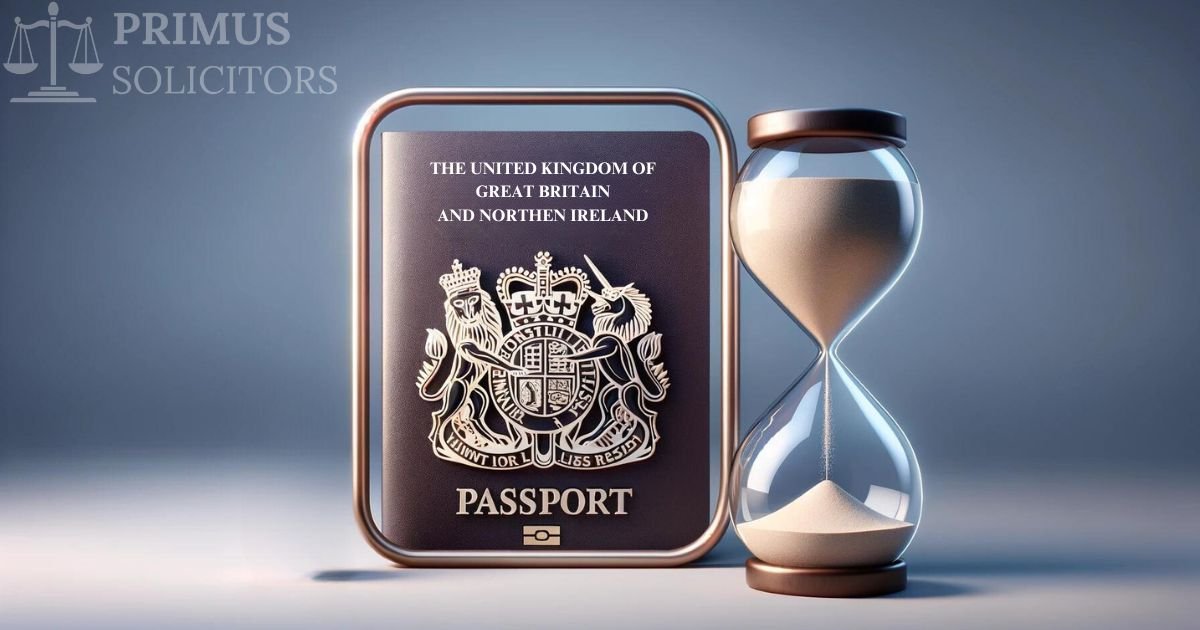Understanding the New ILR 10-Year Long Residency Rules and Requirements
The Indefinite Leave to Remain (ILR) via the 10-Year Long Residence route has been a key route for individuals who have lived in the UK continuously for 10 years. As of April 11, 2024, significant changes were implemented through the introduction of a new Appendix Long Residence. These changes are a mix of both favourable and unfavourable changes depending on applicants’ specific circumstances.
Overview of ILR and the 10-Year Long Residence Route
Indefinite Leave to Remain (ILR) allows individuals the right to live and work in the UK without any time restrictions. The 10-Year Long Residence route provides a genuine, viable, and legal basis for those who have maintained a lawful and continuous residence in the UK for at least ten years. However, this route has been under scrutiny and has seen numerous legal challenges, primarily due to its complexity and the vagueness of its requirements.

New Changes to the 10-Year Long Residence ILR Rules
Requirement to Have Current Permission for 12 Months or More
One of the most significant amendments introduced was the requirement for applicants to have held their current permission to reside in the UK (if granted after April 11, 2024) for a minimum of 12 months. This change aligns the 10-Year Long Residence route with broader settlement requirements, reducing flexibility and potentially delaying applications. Previously, the duration requirement of the current permission did not strictly necessitate a 12-month period, which offered more leeway and flexibility for applicants approaching their 10 year residency mark.
Impact of the New Requirement on Applicants
This modification could particularly affect those who were close to qualifying for ILR under the previous rules, as they now must ensure their current visa or permission spans at least one year at the time of their application. This may result in unexpected delays or the need for visa extensions under an FLR Appendix, for those who were preparing to apply shortly after reaching their 10 residency.
Qualifying Period Requirement for Settlement on the Long Residence Route
Another key update involved the definition of what constitutes a ‘qualifying period’. Under the new rules, time spent in the UK under EEA treaty rights now explicitly counts as qualifying time. This new inclusion is a positive change to the immigration route, as it enhances the degree of clarity in the visa rules and assists EEA nationals and(or) their family members who were exercising treaty rights during their residency in the UK.
However, the continuity of long residence is still disrupted by any overstaying between periods of permission, unless specific exceptions apply. This strict requirement on overstaying emphasises the importance of maintaining lawful status consistently throughout the ten-year period.
Continuous Residence Requirement for Settlement on the Long Residence Route
The rules on how the Home Office assesses absences has also been changed in a positive way. The new rule allows for up to 180 days of absence in any 12 months, providing more flexibility compared to the previous cap of 548 days over the entire ten-year period (90 days in any given 12 month period). This change is beneficial for individuals such as students, who may need to travel frequently or for extended periods due to their family and other relatives being abroad.
Despite these positive adjustments, transitional provisions have been introduced which could negatively impact those who have almost completed their 10 year residence under the old rules. These individuals will still be subject to the stricter 548 day absence limit, affecting their eligibility for ILR.
English Language & Life in the UK Test for Settlement on the Long Residence Route
The requirement to demonstrate the ability to communicate in English and pass the Life in the UK test is still required under the new Long Residence Appendix for those applying for ILR under the 10-Year Long Residence route. While the Life in the UK test requirement remains unchanged, there has been a relaxation in the English language requirement. Applicants can now fulfil this requirement using evidence of having passed English language tests at the GCSE or A-Level, level.
Ongoing Requirements and Adjustments
It is important for applicants to understand that while some aspects of the application process have been simplified, the fundamental requirement to integrate into British society, as demonstrated through these tests, are still need. The adjustments overall aim is to streamline the process and reduce the burden on applicants who already possess these qualifications from their studies in the UK.
Conclusions
The recent changes to the ILR 10-Year Long Residence rules are a mixed bag. On one hand, they simplify and potentially expedite the process for future applicants, especially those with higher absences. On the other hand, they pose significant challenges for those who were nearing the completion of their residency under the previous regulations.
For new applicants, the increased flexibility in handling absences and the inclusion of EEA treaty rights as part of the qualifying period are substantial improvements. However, for those who have built their lives around the older framework, particularly EEA nationals and those with gaps in their immigration status, the transition may be fraught with complications and require careful legal navigation.
The closure of the historic 10-year ILR route for EEA citizens and the stringent conditions on continuous residence underscore the necessity for timely and accurate application submissions under the new rules.
How Can Primus Solicitors Immigration Team Help you?
For those unsure about how these changes affect their specific circumstances, or who need assistance with understanding the complex UK immigration system and law, instructing one of our immigration specialists advice will be beneficial. Our team of immigration lawyers at Primus Solicitors are ready to provide you with expert guidance and support to ensure that your application for ILR has the best possible chances of being granted.

